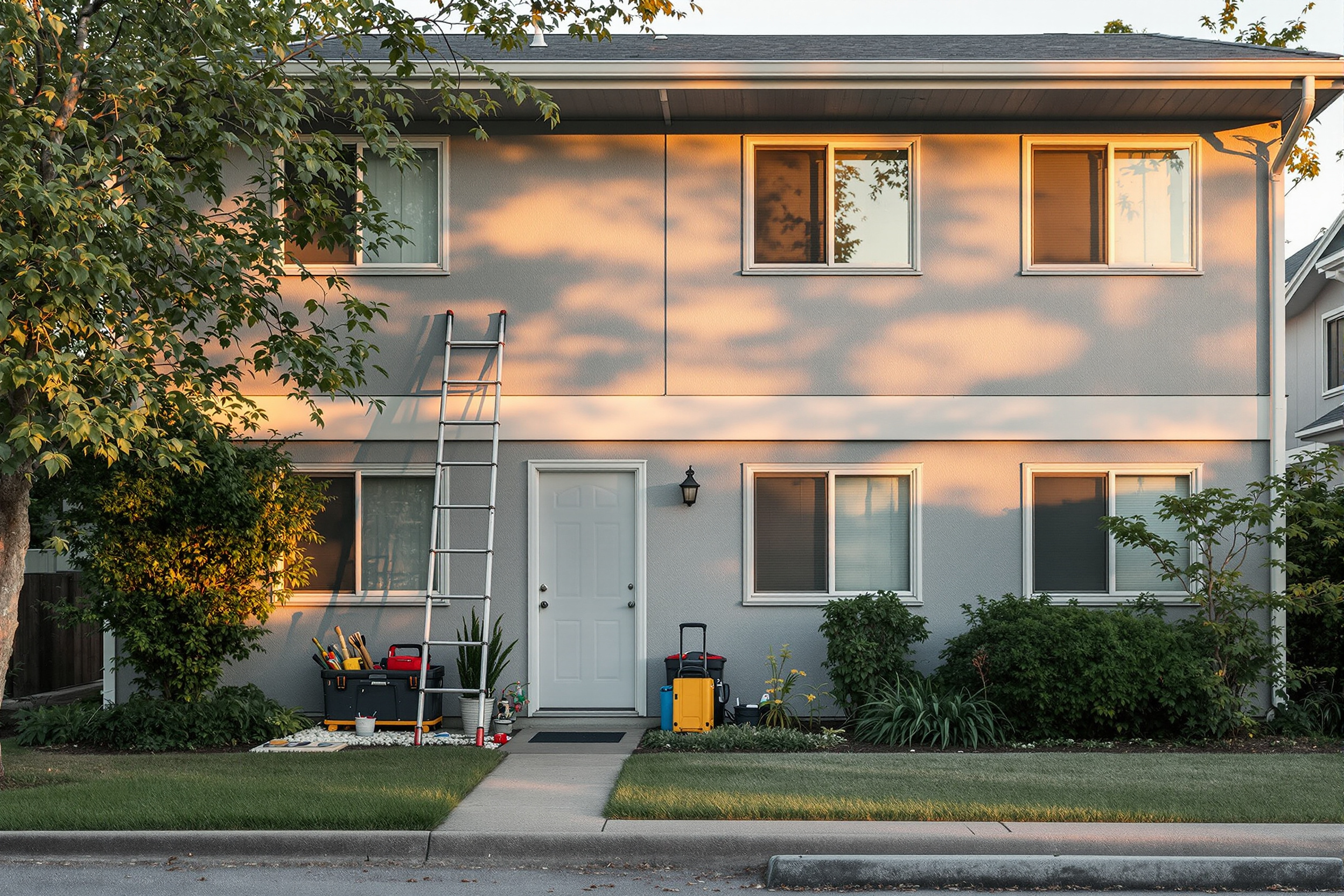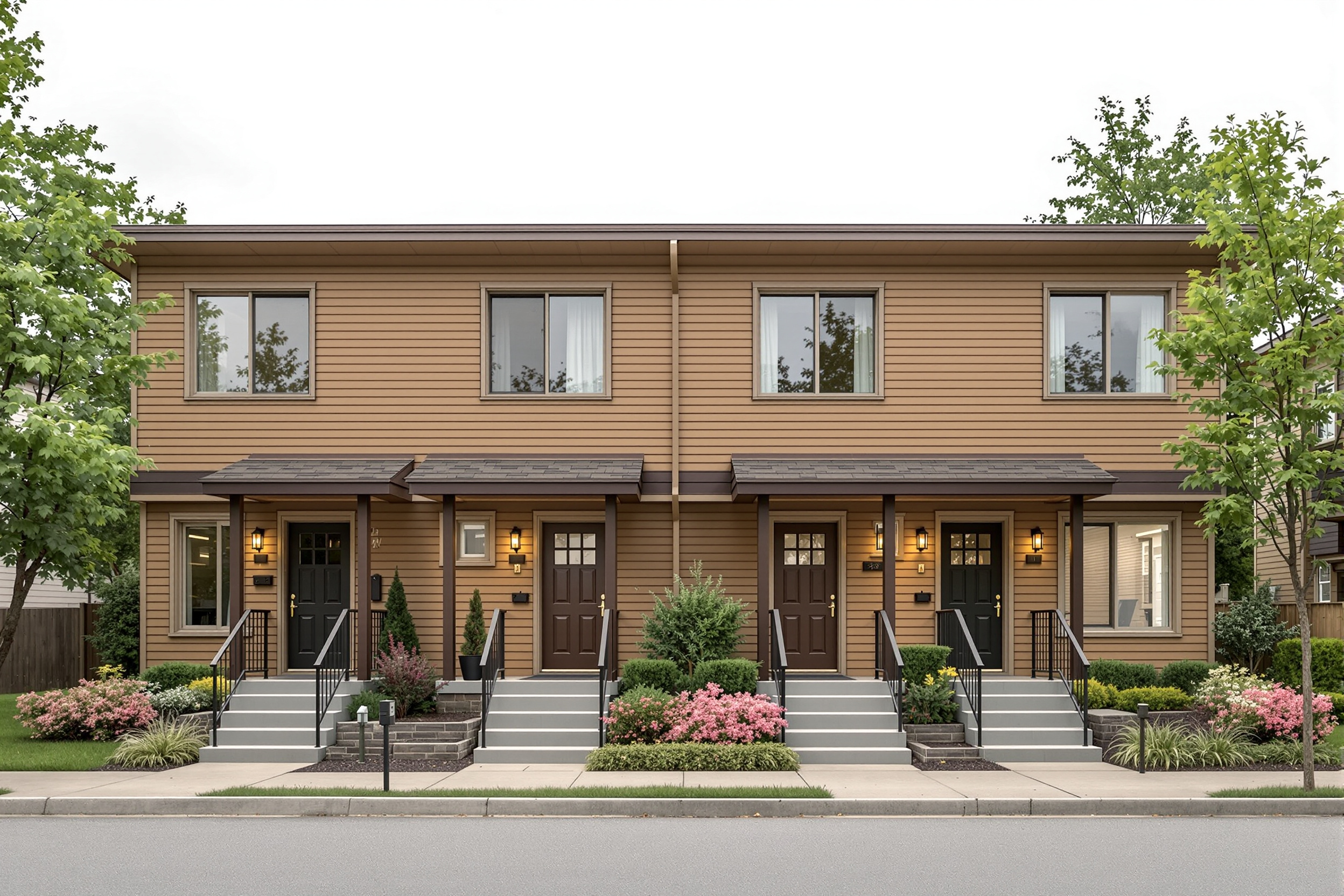Writing a lease non-renewal letter can be difficult and uncomfortable, especially if you've never done it before. You want to convey your message respectfully while protecting your interests as a landlord.
In this article, we'll guide you through five simple steps to help you write the perfect lease non-renewal letter. By following these steps, you'll be able to communicate confidently, clearly, and effectively with your tenant while minimizing any potential misunderstandings or conflicts.
Plus, we’ve included a template of a non-renewal lease letter you can download immediately.
What Is a Lease Non-Renewal Letter?
A lease non-renewal letter is an official document informing a renter that their tenancy agreement will not be renewed when their current lease or contract expires.
Landlords need to send this type of letter because it clearly communicates that the tenant's rental agreement won’t continue. It also includes additional instructions or requirements regarding vacating the property, such as returning keys, providing notice, and/or arranging final inspections.
Sending a lease non-renewal notice helps both parties avoid misunderstandings or disputes about the end of a tenant’s stay. It provides an official record for future reference in case any legal issues arise.

How To Write a Lease Non-Renewal Letter
As a rule of thumb, your letter should be sent with at least 30 days’ notice before the lease expires, although the required notice period will vary based on your state’s landlord-tenant laws. Give your tenant enough notice to find alternative housing and make any necessary moving arrangements.
There are five steps to follow when writing a lease non-renewal letter.
1. Know Your Reasons
Before you start drafting your lease non-renewal letter, take some time to think through why you’re not renewing the lease. You must base your decision on solid evidence, such as lease violations, late rent payments, or the lease expiration date.
2. Choose a Professional Format
Begin with an appropriate salutation (Dear Mr./Ms.), and explain why you are not renewing the lease. Provide any necessary details, such as when the lease will end, and include your contact information in case of questions.
3. Stick to the Facts
Your letter should focus solely on the facts. Don’t get into personal opinions or make accusations against your tenant. Keep it short, simple, and factual.
4. Include Necessary Documentation
Attach any lease violations or other relevant paperwork as supporting evidence, if applicable.
Including relevant paperwork indicates you are basing your decision on facts, helping avoid unnecessary misunderstandings or disputes.
5. Review and Finalize
Before you send the letter, take a few moments to review it for accuracy. Be sure all the information is correct and that you’ve included all necessary documentation.
Once you’re satisfied with the letter, print out two copies, one for yourself and one for your tenant. Send the letter via certified mail so you have proof of delivery.
Reasons Why Landlords Might Not Renew a Lease
Landlords have numerous reasons for not renewing a lease agreement with their tenants. While some may choose not to renew a lease due to issues with the tenant, others may do so for reasons unrelated to the tenant's behavior or conduct.
Some typical reasons why a landlord might choose not to renew a lease include the following:
- The landlord wants to sell or renovate the property and move out existing tenants first.
- The landlord decided to turn the property into a short-term rental (STR) like an Airbnb.
- The landlord needs to move into the property.
- The tenant has violated the terms of the lease agreement, such as causing damage to the property on purpose.
- The landlord is unhappy with the tenant's payment history or ability to pay rent.
- Changes in local or state laws or regulations are affecting the rental property.
- The landlord wants to increase rent and believes finding new tenants will be more profitable.
- The landlord needs to increase rent, and the tenant does not agree to pay the increased amount.
- The tenant verbally indicated they intend to vacate the rental unit at the end of their lease period, but has yet to provide written notice.
How Long Will Your Property Be Vacant?
If your rental property will be vacant for an extended period, you should review your landlord insurance policy. Most policies have a vacancy clause that limits or eliminates coverage if the property is unoccupied for more than 30 days.
As a result, your policy may not cover any damages or losses that occur during this time. In addition, you may want to explore additional coverage options such as vandalism, theft, or water damage.
Obie can help you find the right policy for your needs quickly and easily. To get started with Obie, get an instant quote now.








